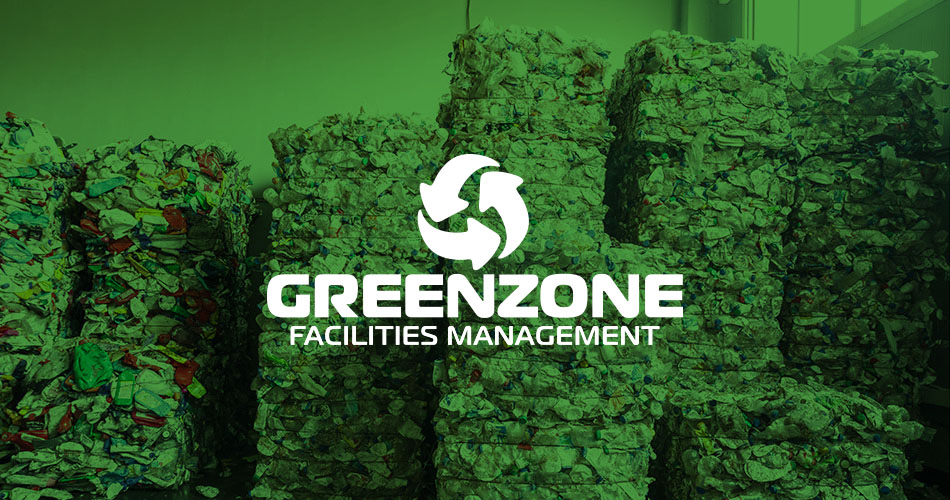However, it is more than the target of 196 the Agency had hoped to meet by the end of the financial year.
The total number of illegal waste sites fell to its lowest since 2016-17, from 691 at the end of 2018-19 to 536. The Agency keeps a database of known illegal waste sites, of which it has become aware through investigations, reports or other means.
The figures, which cover 1 April 2019 to 31 March 2020, were published by the Agency in its annual report on 15 December, having been first reported on by letsrecycle.com in September (see letsrecycle.com story).
The year was about much more than responding to incidents that threaten people or the environment,” the Agency’s chief executive James Bevan writes in the report. “Our job is to create a better place, and we have done that too.”
He added: “No organisation is perfect, and we must always strive to improve. But we have achieved a huge amount over the last year.
“There is a single reason for that: the skill, professionalism and commitment of the 10,000 Environment Agency staff who work around the country, day in day out, for the people and places we serve.”
Waste crime
The Agency says it continues to stop more than 50% of ‘all’ new illegal waste sites in 90 days or less.
It made 59 successful waste crime prosecutions in 2019-20, the Agency says. This resulted in five prison sentences, 11 suspended sentences and total fines of more than £530,000.
In January 2020 the Joint Unit for Waste Crime (JUWC) was launched, a new taskforce dedicated to tackling serious and organised waste crime (see letsrecycle.com story). The JUWC brings together law enforcement agencies, environmental regulators, HM Revenue and Customs and the National Crime Agency in the war against waste crime.
And, the Agency said it was continuing to work with police and enforcement agencies to eradicate modern-day slavery from the waste and recycling industry. Figures from the anti-slavery charity Hope for Justice show that two-thirds of the victims they work with are reported to have worked in the waste industry.
Illegal shipments
In terms of financial liabilities, the Agency says there is a case where waste has been illegally shipped from the United Kingdom and, as the competent authority, the Agency is responsible for its repatriation. The initial estimate of the cost is in the region of £750,000
However, the Agency says there is uncertainty over whether payment is necessary as it has not been able to travel to the country in question and intend for the notifier to return the waste at their own cost. The Agency expects this case to be resolved during 2020-21.
Orginal Source

